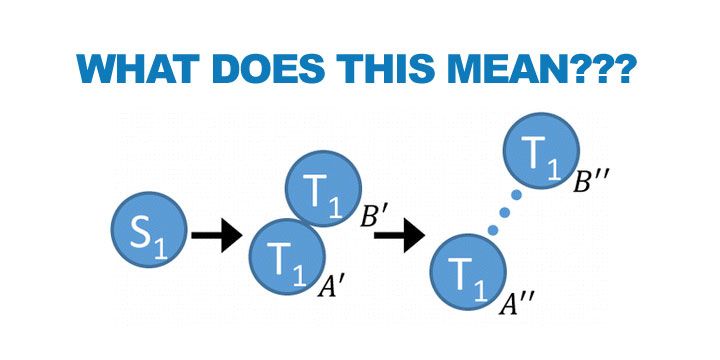
Someone recently told me that I’m unafraid to tackle big ideas. I think that perception may be somewhat based on my ability to say, “I don’t know”. I love saying it. Sometimes I’ll even mix it up with an “I haven’t got a clue in the world!” or an “Ego sum oblitus!” There is a complete freedom in not knowing something.
Here’s a for-instance.
The Journal of Physical Chemistry recently published a research paper called Singlet Fission: From Coherences to Kinetics.
With little to no experience in any kind of chemistry, I have a hard time making sense of it. I know the ole vinegar and baking powder trick. That’s the extent of my alchemic skill set.
Luckily, someone with a keener eye than mine broke it down in an article called Solar singlet fission bends the laws of physics to boost solar power efficiency by 30%. The author of this article shows similar humility in the face of the unknown. He’s not going to argue with scientists either.
The long and short of it is that there’s this crazy thing called the Shockley-Queisser limit that reveals a 33.7% efficiency limit on the amount of solar energy a photovoltaic cell can generate. Singlet fission could increase that to over 60%, bringing the short-term cost of solar power near par to our more destructive energy choices. The JPC research paper confirms that singlet fission occurs and investigations are ongoing with the eventual goal of harnessing the process.
I don’t know how the Shockley-Queisser limit works or why it even exists. I just barely understand how electrons and protons work, never mind the excitons generated in singlet fission. And I cannot tell you what the short-term costs are of solar versus any other form of energy generation.
But what I do know is that someone with the gumption to do so is looking into these things. I’ll trust anyone nerdier than me. Let’s call it the Einstein’s Word Theory. As in, “Space is curved? Okay Einstein, I’ll take your word for it. Sounds like I’ll probably get a flying car out of this little theory of yours.”
I guess imagination also plays a part.
Anyway, can I interest anyone in a Singlet Fission Challenge?








